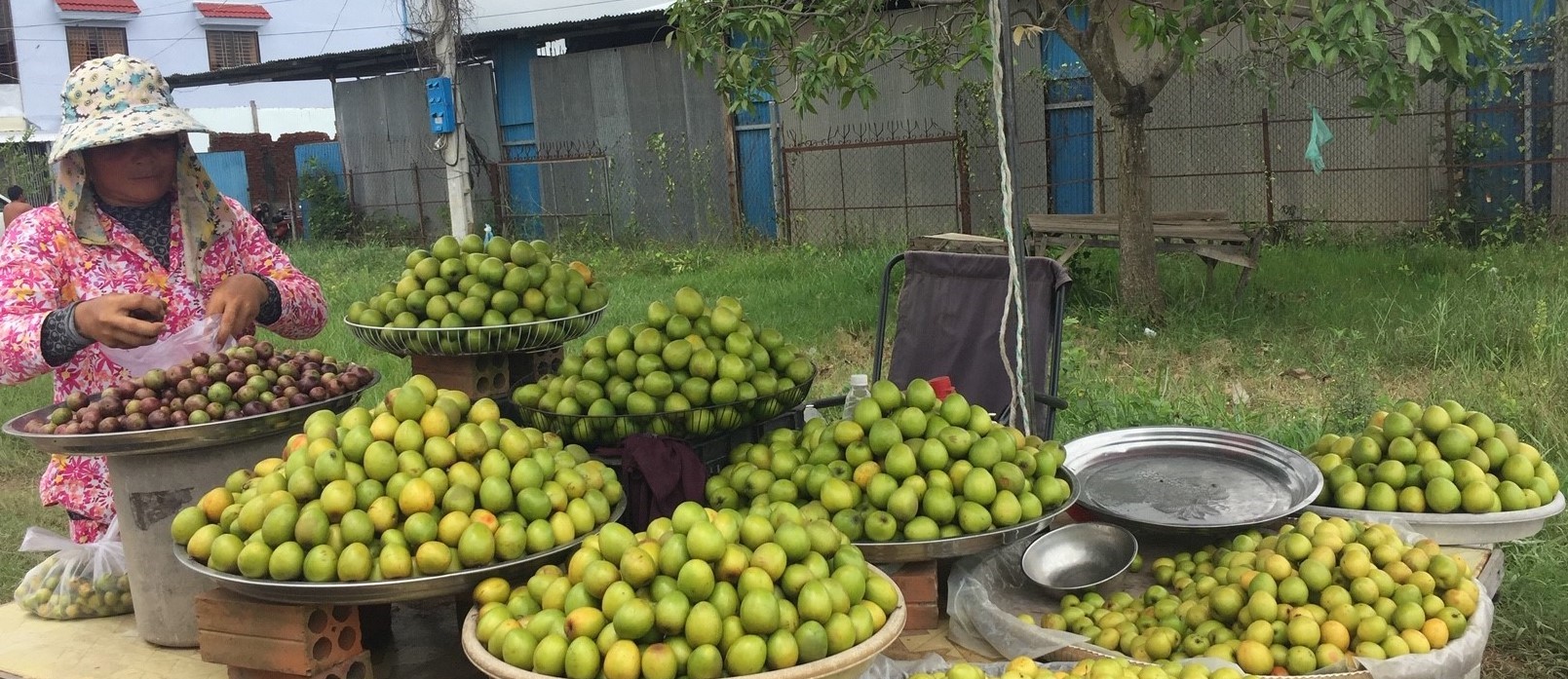Rapid innovation and the spread of digital technology have contributed to a dramatic increase in access to financial services in the developing world. Yet according to the 2017 Global Findex, more than 1.5 billion adults remain financially excluded, and many of the nominally included rarely use their accounts. Well-designed financial services have the potential to help the poor meet critical needs, from saving for school to borrowing to start a business to sending money to a needy relative. A robust financial services ecosystem can also help governments better target and implement benefits programs. CESR researchers work with implementing partners to evaluate the impact of innovative financial services and policies on the lives of the poor. We are particularly interested in understanding how well designed and targeted interventions can be scaled to uplift women and marginalized populations.
Our projects include:
Working in partnership with Busara Center in Kenya, CESR ID's study, supported by IDRC, combines quantitative and qualitative research methods to shed light on the potential of financial services in Kenya to transform the lives of women. In recent years, developing countries have made impressive progress expanding access to financial services. Access to formal and informal financial services can increase savings, investment, and income, and improve economic outcomes for poor, vulnerable households. However, we know little about which financial services are most transformative, why, and in what ways, especially for the most vulnerable groups, such as women. CESR researchers are conducting a mixed-methods research project to examine which channels of financing have the largest impacts on women’s welfare in Kenya. In addition to analysis of existing data on access to financial services and women’s outcomes, we will collect primary qualitative data through focus groups and in-depth interviews with women across the country. Our research aims to contribute to the conversation on how to support the development of financial services and products that best support Kenyan women’s own goals and expectations and improves their wellbeing. Please see here for the final report.
Long-term savings and investments (LTSI) by individuals enhances their financial security while also supporting growth and financial development. Evidence shows that financial knowledge and skills are positively related to LTSI behaviour, and indicates a strong correlation between levels of financial literacy and retirement wealth accumulation. However, both the quantity and quality of LTSI are often worryingly low, pointing to an important role for financial education to increase levels of financial literacy and thus improve LTSI among individuals. Funded by the OECD, this review aimed to examine the evidence on the effect of financial education on LTSI. Evaluations of various types of financial education aimed at increasing LTSI have identified some promising results. Initial findings suggest the need for additional, targeted evaluation of education programmes to compare the effects of different delivery channels and the intensity of provision in order to identify optimal approaches. More detailed research is also important to fully understand why some evaluations indicate mixed outcomes from certain programmes.
In two separate projects with funding from the Tsao Foundation of Singapore, CESR ID staff contributed to regional discussions on women's financial capability, the landscape of current initiatives, and potential directions for next steps, focusing in particular on the needs of countries in East and Southeast Asia. The first project consisted of an extensive review of the evidence on old age financial security and policy and practice in the region, paying particular attention to the situation of women. The review also synthesized the evidence on the impact of financial literacy on financial well-being and old-age security. In the second project, CESR ID researchers are conducting an ex-post assessment of the long-term impacts of a financial education program for mature women that was implemented by Tsao Foundation. Click here for more on the review.
